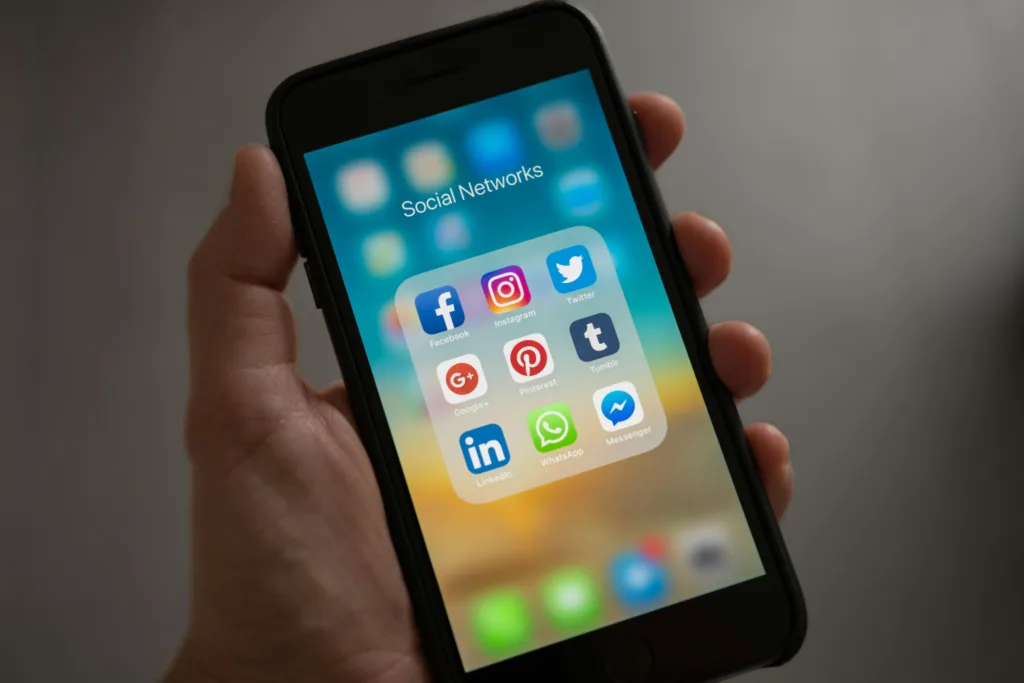What does cringe, flex, POS, beef, jet and career mean?
The (new) social media slang is a polyphonic, symbolic language, a cryptic way of communication, which is difficult to decode, serving its primary purpose.
For example, “I cringe” means I feel disgust, disgust, shame, combined with embarrassment, because of another person’s attitude or actions.
“I flex” means I show off.
“POS” is an abbreviation of ‘Parent over shoulder’. It is used either on the phone or in chats, when the father or mother is next to the child while he is talking with his friends.
These are some of the most common words used by young people, both spoken and written, accompanied by emojis, abbreviations, misspellings and missing punctuation and tones.
In the new digital world linguistic deviations from the norm tend to become the norm. The language has been simplified.

“The slang they use on social networks is a very interesting form of communication. He has humour, vitality, self-deprecation and shows a quick wit,” professor Mr. Charalambakis, Emeritus Professor of Linguistics of the University of Athens, said.
Other typical examples of a new kind of “language” are the abbreviations OMG, LOL, FYI, which are now official in the Oxford English Dictionary.
Is the Greek language in danger?
“Most slang words are lost over time. Language has its own way of self-purification”, points out Mr. Charalambakis.
“We used to be afraid of Greeklish. Today, philologists enter the classrooms and talk about Greeklish and the children don’t know what it is. Now it is a trend to use engreek (Greek-English), to write English words with Greek characters. There are words with a certain time limit of life”, said Ms. Georgalou, Assistant Professor of Sociolinguistics and Discourse Analysis at the University of Western Macedonia.
Source: tovima.gr
